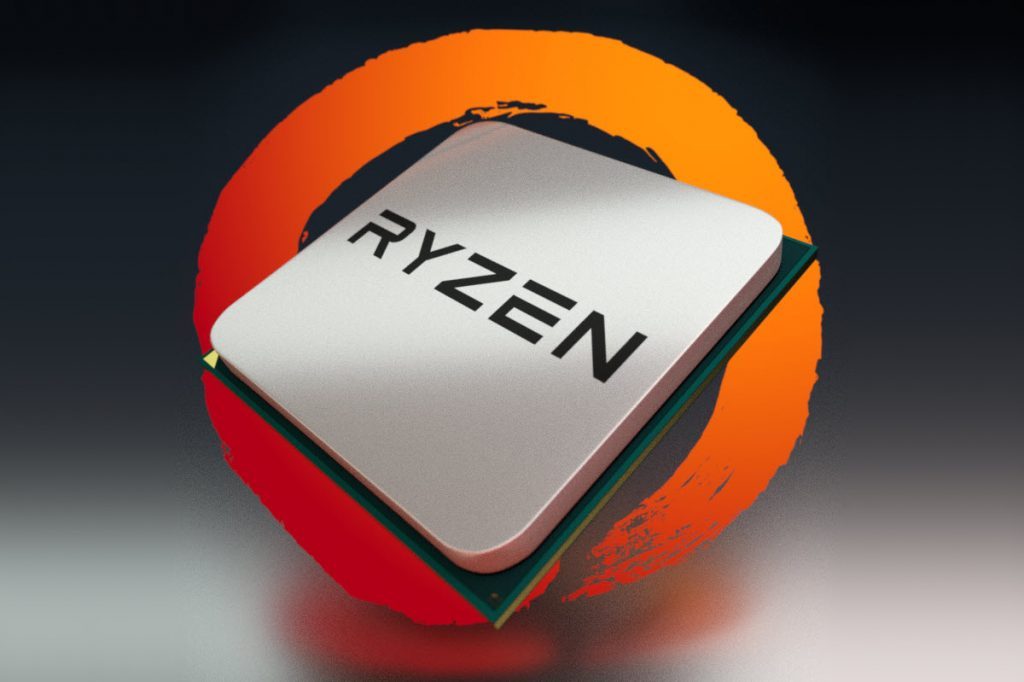AMD CPU's side of its business is currently in a position of great strength, and in some cases is even outselling Intel two-to-one. Now, the latest rumour suggests the CPU manufacturer is set to delay the launch of its Zen 3-based Ryzen 4000 series, as the 3000 series remains so popular.
After being the underdog for over ten years, AMD has made a significant comeback in the CPU market with its Zen architecture, and now the chipmaker is looking to maximise its advantage. AMD's Ryzen 3000 series launched back in July 2019 and continues to be a “hot-seller”, negating the impact of Intel's latest Comet Lake-S desktop processors.
According to Twitter user chiakokhua's translation of a DigiTimes article, as Ryzen 3000 remains so popular, “AMD is extending its life cycle, and definitely will not be launching the next-gen Ryzen 4000 series, based on Zen3 architecture and using TSMC's 7nm EUV process, in Sep. The earliest Ryzen 4000 series will enter mass production is end of 2020, and launch in Jan 2021 at CES. Whether it will be changed to 5nm EUV process is unclear at the moment.”
Instead of a new series, AMD will rely on its officially announced Ryzen 3000 XT refresh for “stimulating sales” throughout 2020.
However, there is some evidence to the contrary, as PCWorld's Gordon Mah Ung reports “sources tell PCWorld not to fret”, suggesting the previous roadmap with Zen 3 set to launch in “late 2020” is still accurate.
The full report from DigiTimes is available HERE.
Discuss on our Facebook page HERE.
KitGuru says: Do you think AMD will postpone its Ryzen 4000 series, or are you confident the new CPUs will still arrive later this year?
 KitGuru KitGuru.net – Tech News | Hardware News | Hardware Reviews | IOS | Mobile | Gaming | Graphics Cards
KitGuru KitGuru.net – Tech News | Hardware News | Hardware Reviews | IOS | Mobile | Gaming | Graphics Cards



